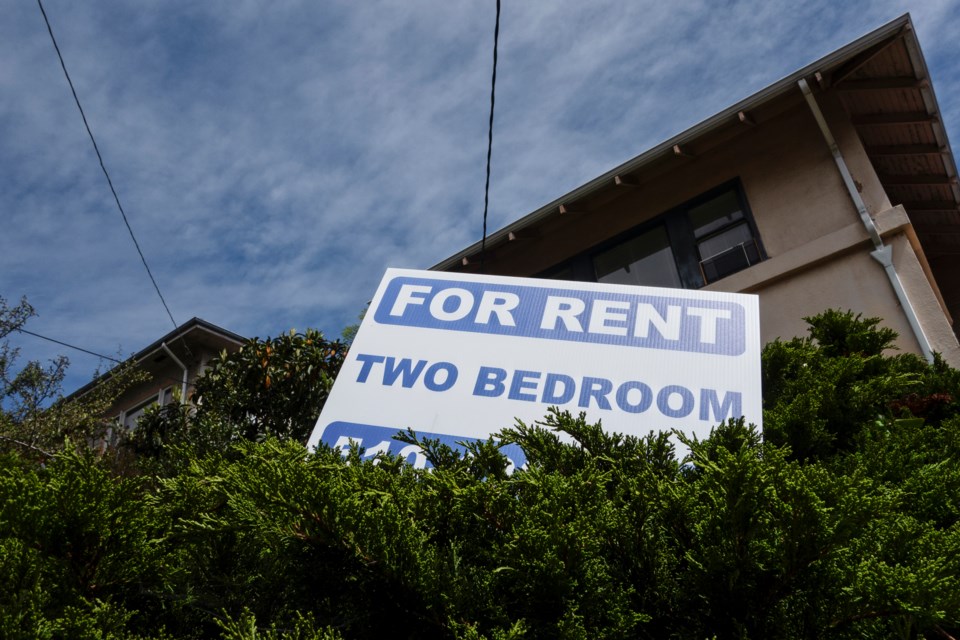British Columbia renters can once again collect interest on their security deposits, a consequence of rapidly-rising interest rates triggering a provincial law for the first time in 14 years.
Landlords are required to pay 1.95 per cent interest on deposits in 2023, under a formula that sets the rate of prime minus 4.5 per cent. The prime lending rate is currently around 6.45 per cent due to the Bank of Canada’s eight rate hikes in the past year.
It is the first time since 2009 that landlords have had to pay interest on security and pet deposits in B.C., setting the stage for potential confusion on all sides about what is due and when.
“Landlords, I think, do know that,” said Housing Minister Ravi Kahlon.
“It's a matter of fairness for those that are putting the deposit down. Those deposits are there for a long time, and we want to make sure that when renters put that in place that there's something they get in return for that money.”
Still, the change has largely flown under the radar. For renters, it is a very small bit of financial relief in a market where rents continue to rise sharply, contributing to record unaffordability.
“This policy has been in effect for a long time and landlords understand the rationale,” said David Hutniak, CEO of LandlordBC.
“Certainly our members are well-informed as to the basis for calculating the rate, and the need to match the interest cost with the investment of the funds being held on deposit.”
Landlords have 15 days after a tenancy ends to return the deposit with interest, ask the tenant to agree to deductions due to damage, or apply for dispute resolution with the Residential Tenancy Branch. The interest owed is based on the full deposit, even if some of the deposit itself is later deducted due to damage.
The 1.95 per cent rate in 2023 is the highest rate in 22 years in B.C. It sat at three per cent in 2001.
Tenants can take landlords who refuse to pay interest to the Residential Tenancy Branch. If they win, they could get double their deposit back.
Kahlon said he believes there are enough resources at the branch to handle complaints or confusion around interest rates, without significant delays. The government increased the branch’s budget by 40 per cent in December, adding 50 full time staff in an attempt to address what it admitted were unacceptably long long wait times.
“We've significantly resourced them up, not only to address the challenges that exist already, but also to be able to address any future challenges,” said Kahlon.
Hutniak said while the interest payments are required under law, they also contribute to an overall rental housing ecosystem in B.C. that is “rather precarious right now” and can only be improved by the rapid construction of new purpose-build rental housing.
Rob Shaw has spent more than 14 years covering B.C. politics, now reporting for CHEK News and writing for Glacier Media. He is the co-author of the national bestselling book A Matter of Confidence, and a regular guest on CBC Radio.




